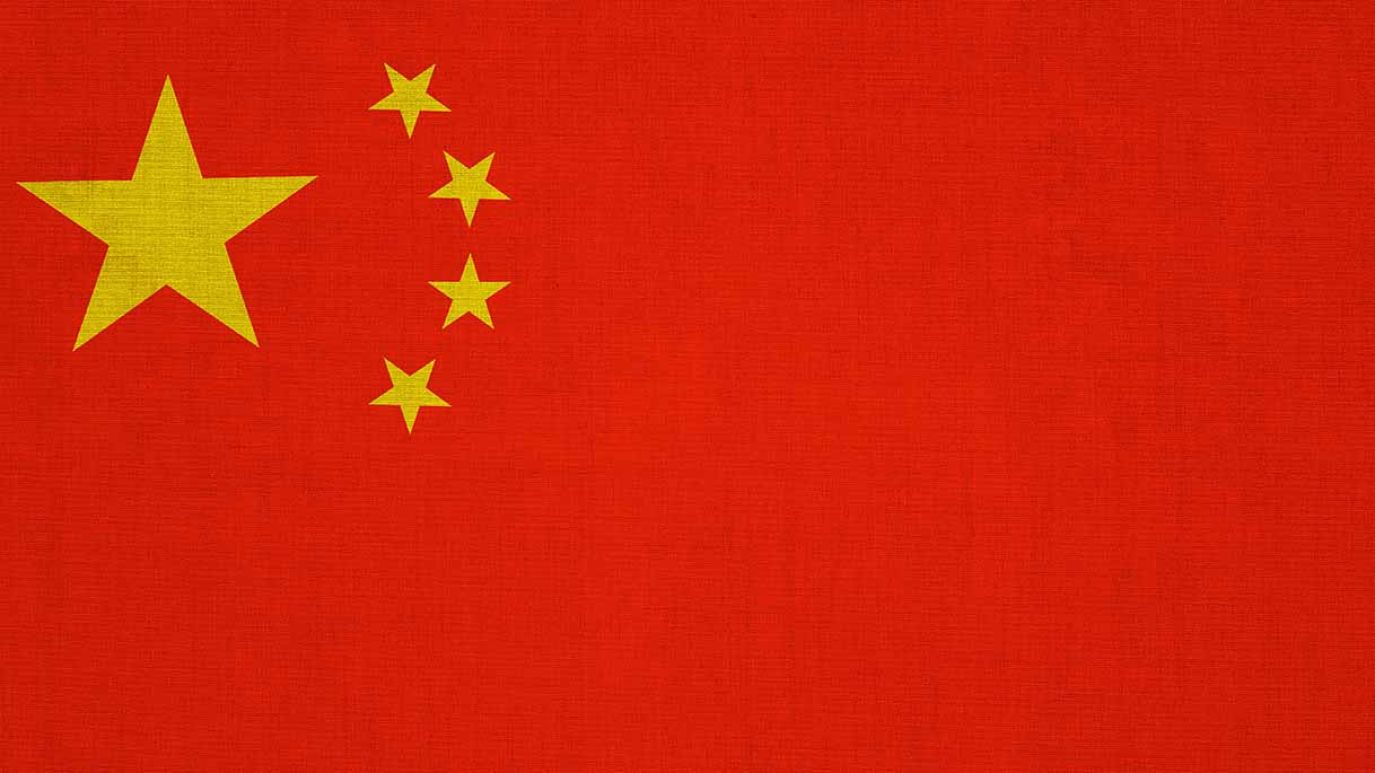Who is China’s Presumptive New Foreign Minister Liu Jianchao?

China is likely to announce the appointment of a new foreign minister in March, but the appointee may find his authority circumscribed by highly centralized policymaking.
In June 2023 Chinese Foreign Minister QIN Gang disappeared from public after only six months in office. Appointment of a permanent replacement for Qin is likely to be announced when the National People’s Congress (parliament) convenes in March. International media suggest that LIU Jianchao, Director of the International Department of the Chinese Communist Party (CCP), will be the next foreign minister.
Chinese sources believe Liu’s diverse experience will be a key factor in considering him for China’s foreign minister:
- Liu, 60, studied international relations at Oxford University from 1986 to 1987.
- Liu started his career as a Foreign Ministry interpreter and rose to the position of assistant foreign minister in 2013. He is familiar with the ministry’s bureaucracy.
- Liu is seen as a skilled spokesman for China. He served four times in the ministry’s Information Department, twice as head of the department and chief spokesman. He is known for a “sedate and humorous” style in handling the foreign press.
- Liu has extensive overseas diplomatic experience, including tours as ambassador to the Philippines (2009-2011) and Indonesia (2011-2013).
- In 2015 Liu headed up the International Cooperation Department of the Party’s Central Commission for Discipline Inspection, where he oversaw “Operation Fox Hunt” to track down alleged corrupt officials who had fled overseas. In this capacity, Liu worked closely with Chinese intelligence and law enforcement institutions.
- From March 2018 to May 2022, Liu was deputy director of the Office for the Central Foreign Affairs Commission (CFAC). CFAC, headed by Xi Jinping, is China’s top policymaking institution on security and foreign affairs matters. This position gave Liu insight into the thinking of the top leadership, as well as knowledge of China’s overall international security and diplomatic priorities.
- In May 2022 Liu was appointed to head the CCP International Liaison Department, where he manages the Party’s relations with foreign political parties, especially communist parties.
- Liu has local government experience that is rare for Chinese diplomats. Liu was deputy Party secretary of Xingcheng City, Liaoning Province (2000-2001) and secretary of the Party Disciplinary Commission of Zhejiang Province (2017-2018).
- Liu joined the Party in 1984 and was secretary of the Foreign Ministry’s Communist Youth League (CYL) from 1992 to 1995. The CYL faction within the Party declined after former President HU Jintao and former Premier LI Keqiang left office; however, many CYL officials still hold important positions and would welcome Liu’s appointment. At the same time, Liu’s experience in Zhejiang Province makes him acceptable to the faction known as the Zhejiang Gang, members of which are officials, including current Premier LI Qiang, who served under Xi when the latter worked in Zhejiang from 2002 to 2007.
- Liu was a member of the Party’s 19thCentral Commission for Discipline Inspection — the top watchdog for Party discipline. Qin Gang’s political downfall makes it even more imperative for the Party leadership to appoint someone with Liu’s experience to reinforce Party discipline among the diplomatic corps.
Chinese sources also point out, while Liu will have an important role in diplomacy, he will still operate under the shadow of WANG Yi, who is a Politburo member and the foreign minister’s boss as CFAC Office director. Since China’s foreign policy is highly centralized under Xi and managed by Wang, Liu’s policymaking role will be greatly constrained.
- Liu’s initial focus may be his specialty of internal discipline rather than geopolitics.
- If Liu is effective as China’s foreign minister, he will be a strong candidate to succeed Wang, who is 71, as China’s senior foreign policy official. Only then would Liu have a larger voice in China’s foreign policy.
In January, Liu visited the United States, most likely as an introduction to the US policy community and in preparation for his likely new role as China’s foreign minister. Liu was the most senior Chinese official to visit the United States since President Xi’s visit to San Francisco last November.
During the visit, Liu spoke at the Council on Foreign Relations, where he remarked that China “will try to address the concerns of the American businesses, such as market access to the service sector, cross-border flow of data, and equal participation in government procurement.” However, when posed the question, Liu denied that Chinese security officials have raided offices of foreign businesses.
China’s 5G influence in developing economies
China’s Belt and Road Initiative and its digital counterpart, the Digital Silk Road, threaten to displace US telecom and tech companies in developing economies in Africa, Latin America and the Middle East. How can US operators and network providers stand up to the challenge?